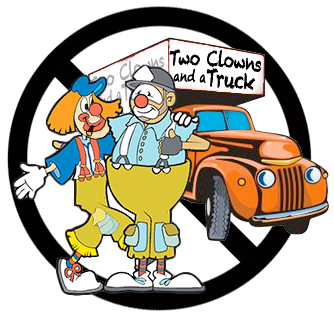Home • About Us • Sellers • Buyers • Relocation




No-Fail Guide To Finding A Mover
We’ve all heard the horror stories about movers who didn’t deliver (literally) what they’d promised, or the priceless vase from Great Aunt Edna that got broken in a move. Here are seven things to help you find the best mover that you can.
Identify only licensed, insured, and bonded moving companies.
Think about what you’re moving. What is it worth to you to know that it will get to your new home safe and sound? Licensed, insured, and bonded companies take the extra step to ensure that your things get to your new home, because they’re held responsible if they don’t.
Ask for estimates from two to three companies.
Shop and compare prices. Invite a mover’s representative to inspect the contents of your home. They should be able to tell you how long the move will take, what it’ll cost, and the size of the truck you’ll need. Long-distance moves can cost anywhere between $3,000 and $10,000. This is a large investment, so treat it like you would any other – and shop around.

Be sure of what you’re buying. Typically, movers charge by weight and mileage. If you can get a flat rate, you’ll probably be better off. Get definite dates (in writing) of when the contents of your home will be picked up AND delivered.
Get extra liability protection.
Declare the value of the contents of your home with the mover before you move. Otherwise, your furnishings will be valued at $1.25 per pound as a lump sum. This means that a truckload containing the contents of your home that weight 3,000 pounds is only worth $3,750. Heaven forbid that it should happen – but could you replace the things you need for
that amount? This is why declaring
the value and adding extra protection
are so important in ensuring your
sanity during your move.
Stick around.
Stay with them as they inspect, pack, fill out the inventory, and weigh the contents of your home. The weight is particularly important because this is used to figure the final cost in most long-distance moves

Get as much information about the company that you can, such as:
-
1. Full company name and any DBA
names (doing business as) -
2. How long they have been in business
-
3. Company address
-
4. Phone numbers (local and toll-free)
-
5. DOT and MC license numbers
-
6. Company web site address
-
7. Email addresses
-
8. Get references (and call them)

Know your rights and Responsibilities
when you contract with a professional mover!
Get this FREE DOCUMENT from the Department of Transportation
Prompt and professional
service is our guarantee.
11512 Lake Mead Ave. #701 Jacksonville, FL 32256 • office 904-881-2178


(904) 463-0292


